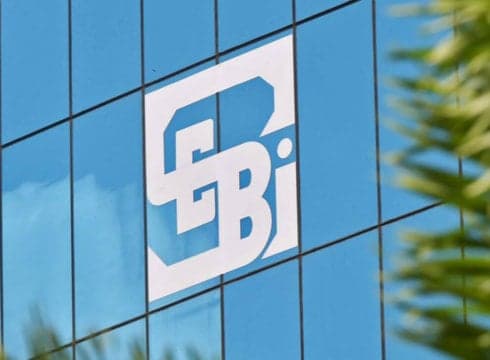• Planning to come out with a discussion paper
• Aims to reduce paperwork for intermediaries during an IPO
• Retail investors will need a 16-digit UPI ID
Inc42 Daily Brief
Stay Ahead With Daily News & Analysis on India’s Tech & Startup Economy
The Securities and Exchange Board of India (Sebi) is looking to introduce Unified Payments Interface (UPI) as an alternative payment option for the retail IPO investors. Sebi is planning to come out with a discussion paper on this soon.
UPI, being a mobile-based real-time payment platform for enabling instant transfer of funds from one bank account to another, can speed up the listing process, according to Sebi. This will further reduce the paperwork as well as application errors for intermediaries during the IPO process.
As of now, retail investors either invest in an IPO through bank ASBA (application supported by blocked amount) or through broker ASBA, where the broker does the bidding and hands over the application form to the investors’ bank.
Currently, 70% of retail application comes through broker ASBA, according to the reports.
“Since there is a physical movement of the application form from the broker to the investors bank, the process takes a day or two to complete. With UPI, Sebi is looking to minimise this time gap and further reduce the IPO listing time from current six days to three,” said a person close to the development.
How UPI For IPO Works?
As explained by the Sebi officials, under the new payment process, an investor will have to avail a 16 digit UPI Id from his/ her bank. The investors will then enter the bid details in the form as per current practice and also enter the exclusive 16 digit UPI ID.
Then, the forms would be submitted to the broker, who in turn will upload the bid details along with the UPI ID on the stock exchange platform.
Stock exchanges will do the validation of the investor’s details. After this, details will be shared with the sponsor bank — which will be appointed by the company coming out with the IPO.
The sponsor bank will initiate the request with the investor to authorise blocking of the fund in case of allotment. Once the investor accepts the request on his mobile entering the UPI PIN, his bank will block the funds.
Investors will have the option to modify or withdraw the bid until the closure of the bidding period.
However, the Sebi’s proposal has not been received at a positive note in the industry. The bankers dealing with IPO’s believe that Sebi should keep the process simple to get IPO applications from retail investors, particularly from Tier II and Tier III cities.
Sebi is continuously looking for ways to improve the listing process on Bombay Stock Exchange (BSE) and National Stock Exchange (NSE). Also, the market regulator is finding ways to help get more and more startups listed on these exchanges. Last month, Sebi announced to set up a panel to explore ways to make listing attractive for startups.
Also, NSE is in talks with Securities Exchange Board Of India (SEBI) to ease of startup listing norms on its platform Emerge ITP.
[The development was reported by ET.]
{{#name}}{{name}}{{/name}}{{^name}}-{{/name}}
{{#description}}{{description}}...{{/description}}{{^description}}-{{/description}}
Note: We at Inc42 take our ethics very seriously. More information about it can be found here.


